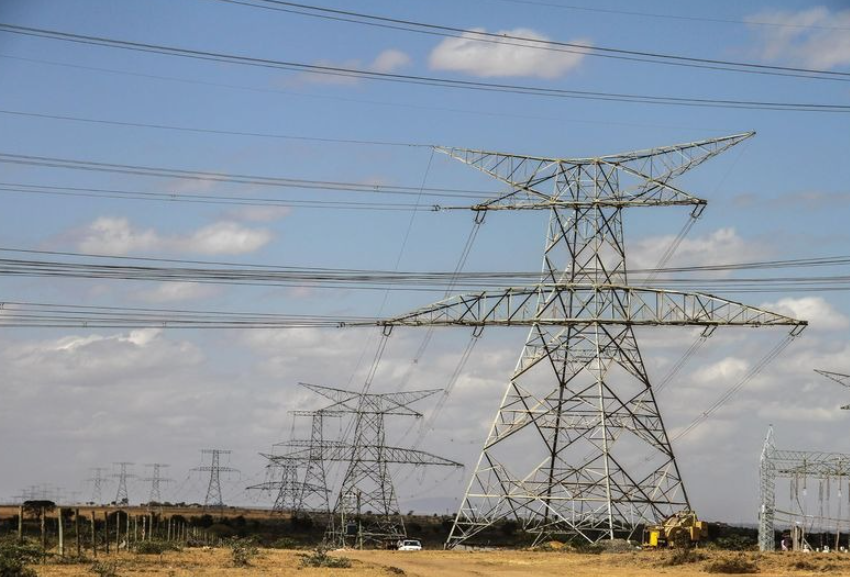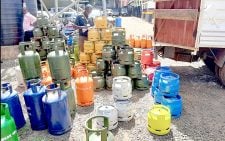Kenyans financially stressed as defaults, auctions surge

Businesses are grappling with severe economic challenges driven by exorbitant taxes and escalating operational costs. The struggle is demonstrated in increased closures, property auctions and the mounting debt in the financial system.
The situation is dire, with auction listings at an all-time high as loan defaults surged to Sh674 billion in August. Many businesses have struggled to meet financial obligations, leading to auctions.
Recent auctions highlight the growing distress. Last month, auctioneers Onyango and Tarus put up 38 vehicles for sale at heavily discounted prices, following an August auction of 65 cars, all intended to recover unpaid debts.
Properties have also faced the hammer, with the iconic InterContinental Hotel’s assets being auctioned four years after its closure. In another notable auction, Metro Fuel Mart, a petrol station in Matuu town, is scheduled for sale in November, with bidders required to make a Sh100,000 deposit.
The reasons for the sales aren’t always disclosed, but escalating taxes and regulatory crackdowns, like recent Energy and Petroleum Regulatory Authority (EPRA) inspections that shuttered 14 stations, are widely seen as contributing factors. The commercial property sector has not been spared, with prime real estate like Nairobi’s Elgon Place in Upper Hill also facing auction.
This building, which generates a monthly income of Sh5.86 million, has fallen victim to the rising tide of auctions, illustrating how Kenya’s economic environment is increasingly challenging even for well-established businesses.
Kenyan entrepreneurs and small business owners have been criticising the government’s policies. A viral video on X recently featured a female entrepreneur blaming politicians and rampant corruption for draining the economy.
She highlighted the lack of money circulation, asserting that ‘financial stagnation’ has made business unviable. Her brother, a car dealer in Kasarani, has seen dwindling sales due to a lack of disposable income among consumers.
Full funding
Meanwhile, microfinance institutions, once a lifeline for small businesses, are pulling back on financing, providing smaller loans instead of full funding.
The ease of doing business including high taxes, regulatory fees, and the rising costs of imports due to currency depreciation are also prompting global brands to reconsider their presence in Kenya.
In recent years, multinationals like De La Rue, GlaxoSmithKline, Procter & Gamble, and Bayer have exited the Kenyan market, citing unsustainable operating expenses.
The Finance Bill 2024 compounded the issues by introducing more taxes on goods and digital services, in addition to amending several tax statutes, including the Income Tax Act, VAT Act, Excise Duty Act, and others.
Proposed eco-levy taxes on plastic bags and additional charges on mobile money transactions have further increased the burden on local businesses, prompting many to warn the government that such policies could force them to downsize or close altogether.
Some small and medium enterprises (SMEs) have already retrenched employees or scaled back operations as they struggle to survive under mounting tax pressures and soaring inflation.
The latest government proposal to reinstate eight tax measures from the repealed Finance Bill 2024 suggests that SMEs could continue to bear the brunt of these economic policies, stifling their potential for growth and reducing their ability to compete in a tight market.
The ongoing economic turmoil stands in sharp contrast to President William Ruto’s earlier promises of economic revitalisation under a ‘Bottom-Up’ approach aimed at supporting grassroots enterprises.
However, the government’s recent proposals indicate an intention to further increase taxes, even as many entrepreneurs feel already overburdened. They argue that taxpayer funds are often lost to corruption and mismanagement.















